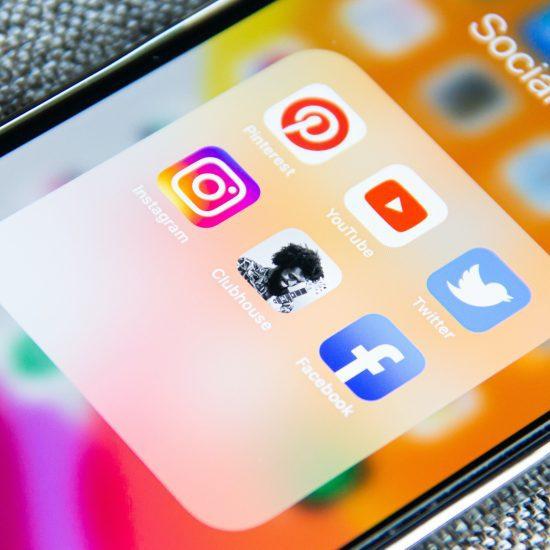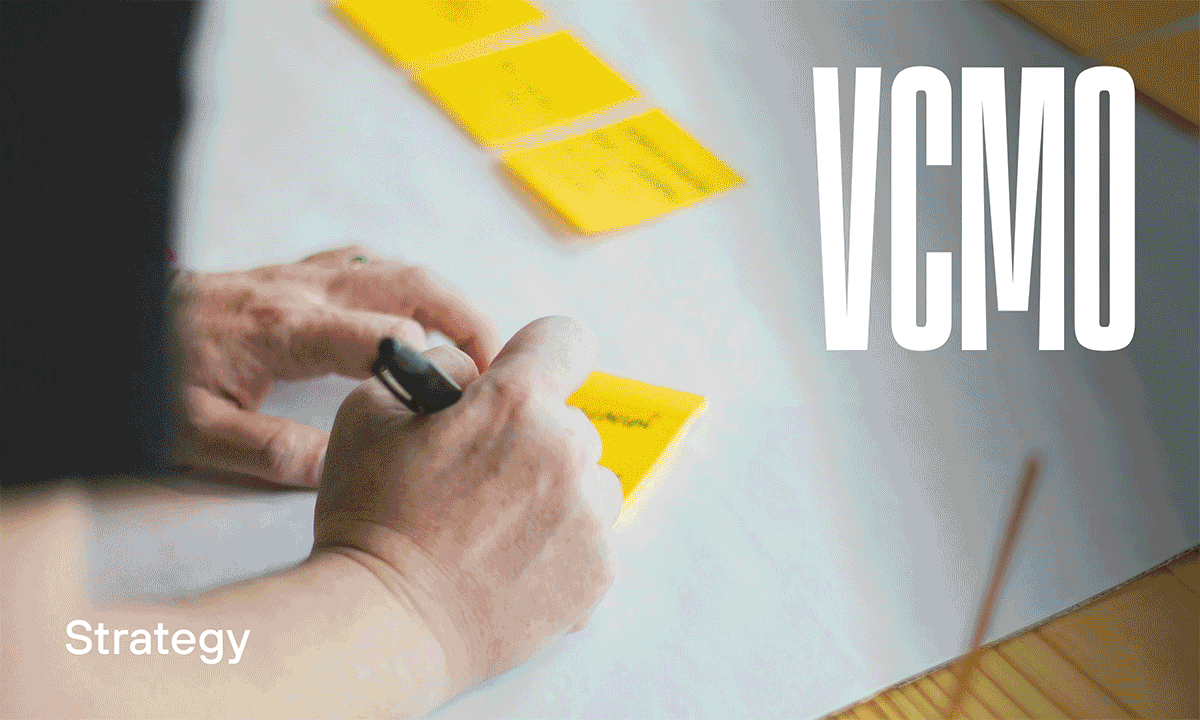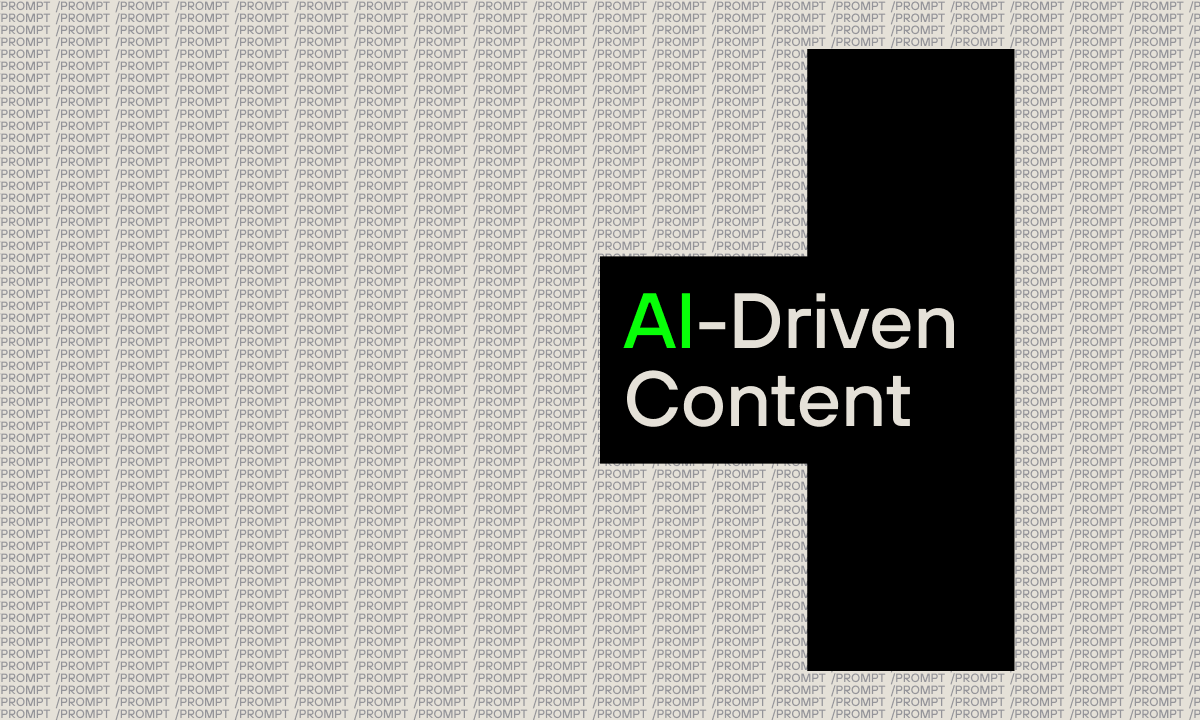
Cause marketing – or cause-related marketing – is a complex strategy that has its pros and cons. In this article, we discuss its merits and pitfalls.
Cause marketing.
The term is widely agreed to have been coined in 1983 by global financial company, American Express – although the origins of the marketing tactic can be traced back a decade or two earlier.
What is cause marketing?
It’s a marketing tactic where businesses align themselves with non-profit organisations or a particular social issue, event, or other cause for its betterment.
In theory, the act is beneficial for both parties, though; raising money for charity while bolstering corporate image and profits.
In the case of American Express, it pledged to give one cent of every card transaction for a designated period to the Statue of Liberty’s Restoration Fund. The credit card giant raised more than US$1.7 million, and American Express card transactions rose by 27% during this time.
However, this was 1983. The world has changed significantly since.
Nowadays, ‘social entrepreneurship’ is as much a buzz phrase as ‘Kickstarter campaign’, and social enterprises have been built and have achieved great success from this very idea.
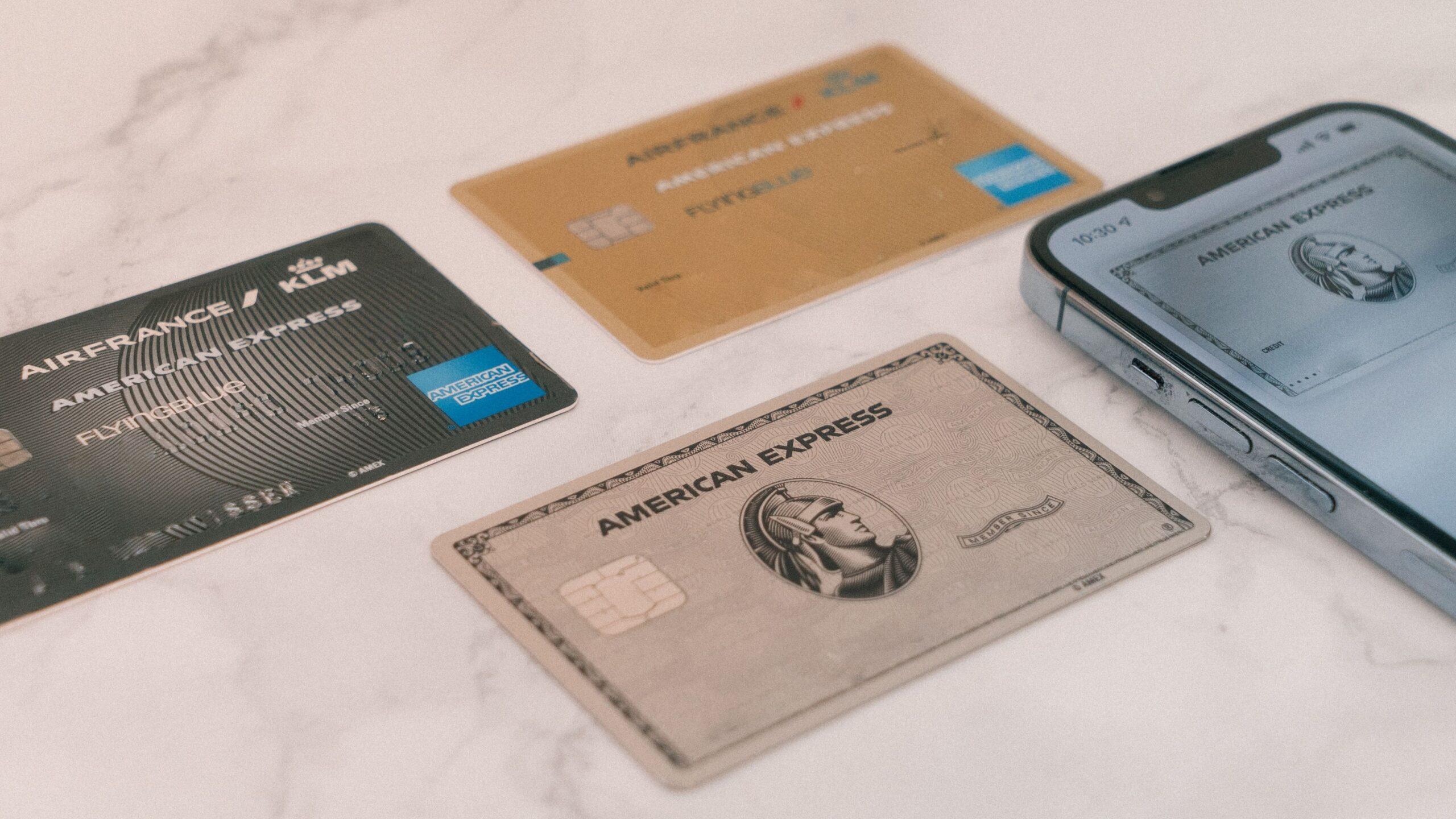
Cause marketing is a term credited to financial giants, American Express. Credit: CardMapr.nl on Unsplash.
Cause Marketing Cynics
Consumers have become clued in and accustomed to this kind of corporate conscientiousness. Maybe they’ve even become cynical.
Of course, we’ve all wondered: How virtuous are these companies if, at the end of the day, the act is really just for profit? Depending on how far down the rabbit hole you go, you might even wonder, is altruism even possible?!
It becomes messy when the push to sell your product is intertwined in the push to help a charity. It’s murky water, and morality can become unclear.
But the same questions can be raised about consumers, too.
A study published in the Journal of Business Ethics showed that the scope of a cause had a direct negative relationship with the corporate image, i.e. a localised charity was seen as less favourable. Also, the acuteness of a cause had very little influence over consumer perceptions.
So, people discriminate against causes with a smaller reach but don’t really care how severe the situation may be.
As consumers, we’re bound to make irrational decisions. As businesses, it seems we choose to give only if it strengthens our image.

How to give. Who to give to. It can create piles of problems. Credit: Miles Burke on Unsplash.
What Gives?
So, where is the good in any of this?
With this overload of information, it might seem better to just bury your head in the sand and forget trying to give back in any way.
But we don’t think that’s right, either. Doing something is always better than doing nothing.
No matter the size or motives, any giving is essentially still just that – giving. Although, there is another argument about international aid ruining local markets, but let’s not complicate this any further.
At Hunt & Hawk, we considered how we could make a contribution to creating a better world without falling into a trap of charity for self-promotion.
After much deliberation, we decided that it felt right making our contribution through the organisation, B1G1.
The idea is that you’re not trying to convince people to connect with you because you will donate to a charity if they do, but instead donating after someone connects with you as a bonus, not part of the incentive.
It’s our way of saying, “Thanks for being you. Btw, here’s some good you’ve put out into the world just by being you”.
Kermit the Frog once said, “It’s not easy being green”. Maybe he was more accurate than we first thought?
It’s not easy being green, nor good for that matter.
But by letting your intentions guide you through making these decisions, and basing these intentions on something bigger than yourself or your business, we think we can all create some good along the way.
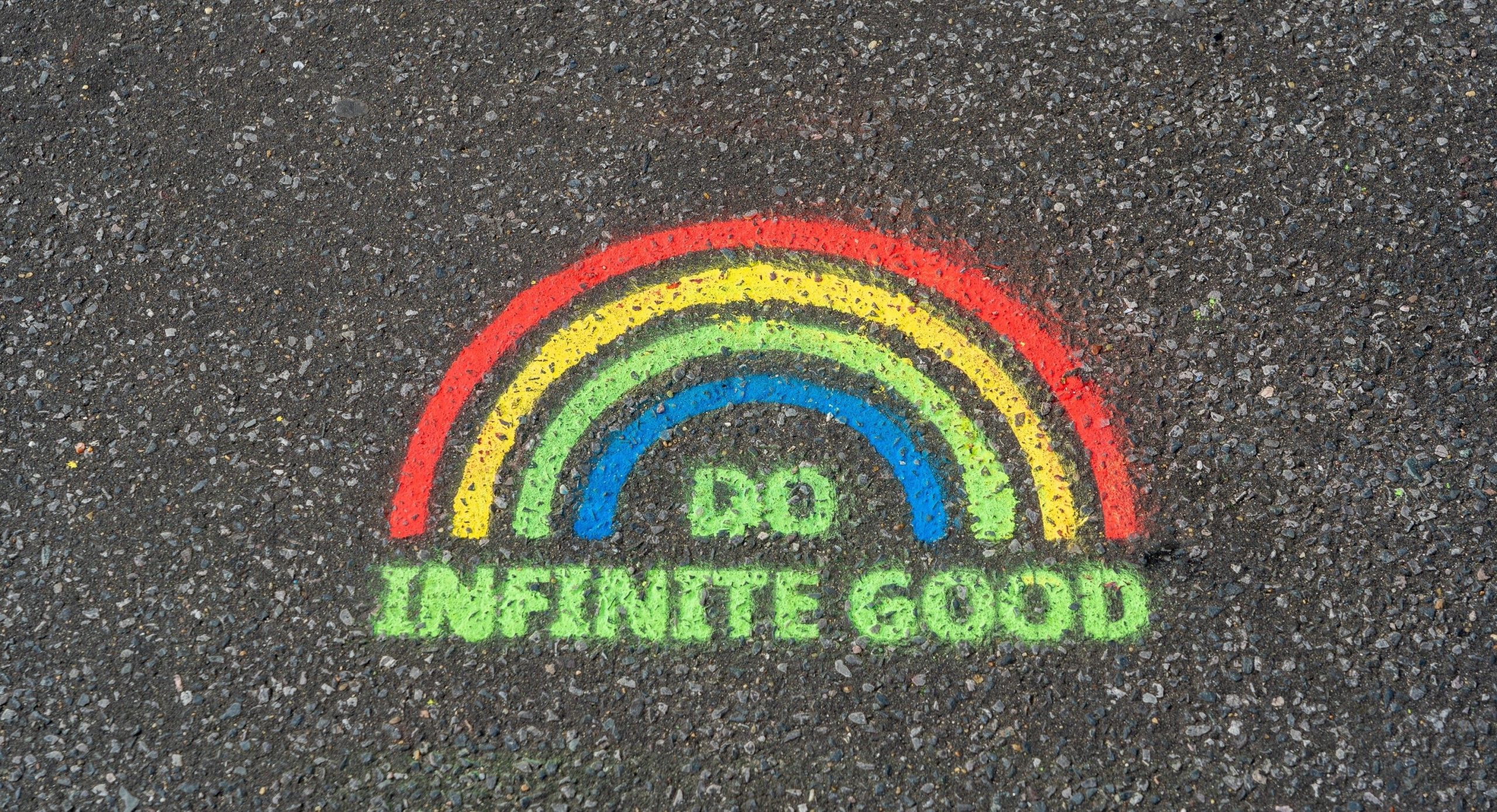
At least try. Credit: Nick Fewings on Unsplash.
Just Really Good Marketing
From cause marketing to exceptional marketing.
At Hunt & Hawk, we’re experts at executing marketing campaigns that attract eyeballs.
Want to find out what we could do for your brand? Contact us at hello@huntandhawk.com or book a meeting to chat.
For more marketing, branding, and sales tips and insights and plenty else, check out more of our blog.


